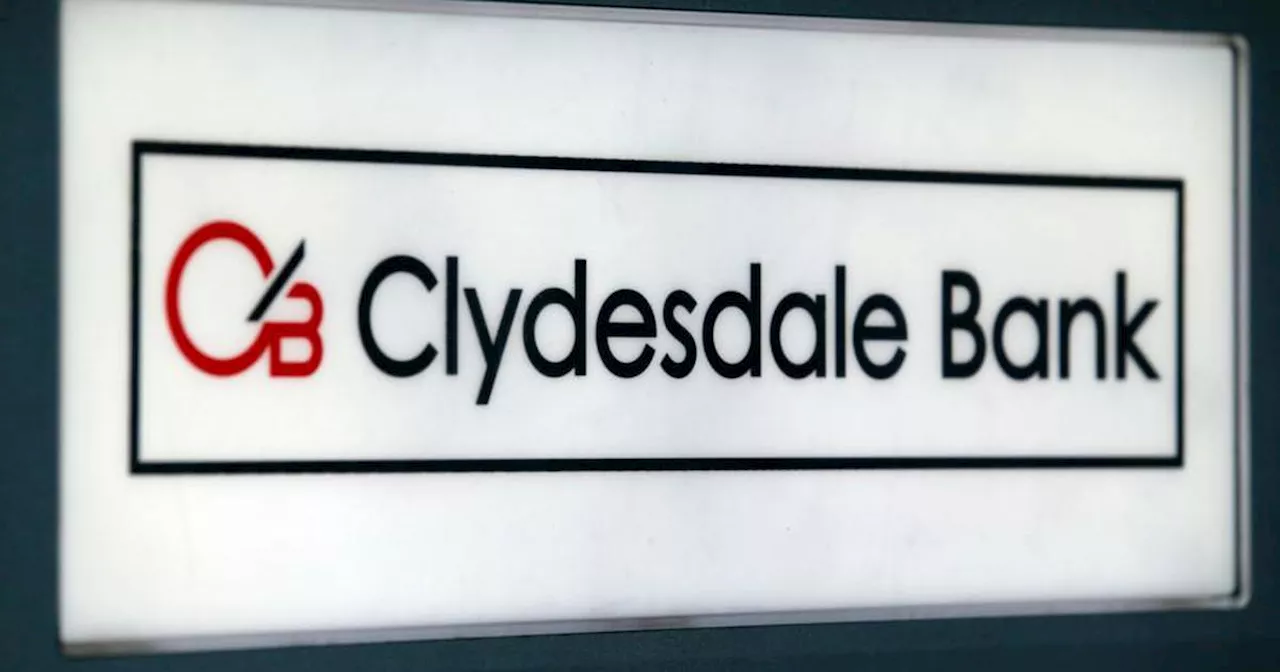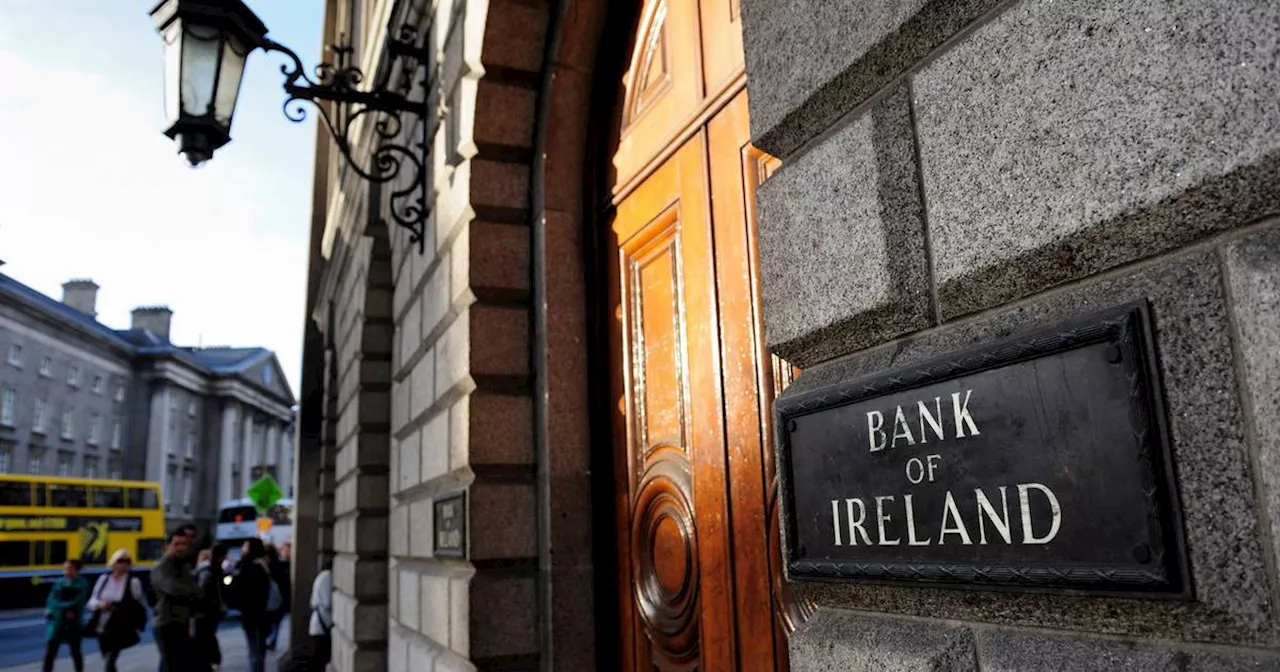Change in methodology set to increase revenue from levy to €200m
The levy, in place since 2014 on the main retail banks in the country, had raised about €150 million per year but that had gone off a cliff with the exit of Ulster Bank and KBC from the Republic. Last year it only raised €87 million.
We got little detail from McGrath’s speech beyond that the levy would be revised to bring in an estimated €200 million next year. While the final details will be revealed when the Finance Bill is published next week, we now have some of the picture for what the revised levy will involve.briefing note, the levy will be calculated around the level of customer deposits held by the liable institutions.
Still, it seems clear that part of the reason for the change in methodology for the levy is to not disproportionally hitcompared with Bank of Ireland and AIB. Despite that bank’s growth since taking on much of Ulster Bank’s assets, it is still comfortably the smallest of the three banks. There was a need for the Government to be at least cognisant of that reality.
The revised levy will be in place for 2024 initially, but by then it will have been around for a decade.
Ireland Latest News, Ireland Headlines
Similar News:You can also read news stories similar to this one that we have collected from other news sources.
 Dog dirt the biggest contributor to poor quality Dublin bathing waterNew report warns of ‘significant’ impact of dog foul on beaches washed into the sea
Dog dirt the biggest contributor to poor quality Dublin bathing waterNew report warns of ‘significant’ impact of dog foul on beaches washed into the sea
Read more »
 Workers set to have €800 more in their pockets thanks to big Budget changeWorkers around Ireland are set to benefit from cuts to the Universal Social Charge (USC) announced by Finance Minister Michael McGrath - there will also be a reduction in college fees and more free school books
Workers set to have €800 more in their pockets thanks to big Budget changeWorkers around Ireland are set to benefit from cuts to the Universal Social Charge (USC) announced by Finance Minister Michael McGrath - there will also be a reduction in college fees and more free school books
Read more »
 Metro Bank barely survives problems of its own makingUnited Kingdom lender secures new capital to ease immediate peril, with few signs of a wider crisis
Metro Bank barely survives problems of its own makingUnited Kingdom lender secures new capital to ease immediate peril, with few signs of a wider crisis
Read more »
 Clydesdale Bank charged unfair fees to small businesses, UK high court toldCase brought by four businesses could have far broader implications for group of 900 firms
Clydesdale Bank charged unfair fees to small businesses, UK high court toldCase brought by four businesses could have far broader implications for group of 900 firms
Read more »
